News
-
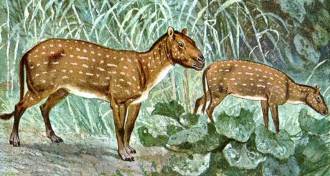 Life
LifeHow horses lost their toes
Fossils reveal that as horses evolved to have fewer toes, they also got stronger and faster.
-
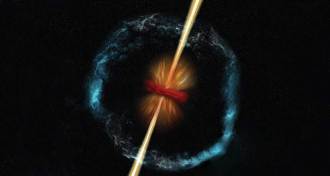 Astronomy
AstronomyRumors swirl that LIGO snagged gravitational waves from a neutron star collision
Telescopes seem to be following up on a potential gravitational wave sighting.
-
 Genetics
GeneticsIf you’re 35 or younger, your genes can predict whether the flu vaccine will work
A set of nine genes predicted an effective response to the flu vaccine in young people, no matter the strains.
-
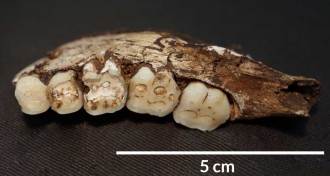 Anthropology
AnthropologyNitty-gritty of Homo naledi’s diet revealed in its teeth
Ancient humanlike species ate something that damaged its teeth.
By Bruce Bower -
 Tech
TechNew antennas are up to a hundredth the size of today’s devices
A new type of antenna could be used in tiny electronics for wearable tech, injectable medical devices and more.
-
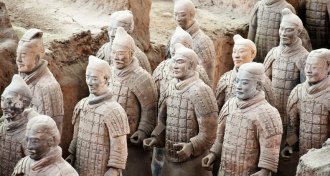 Anthropology
AnthropologySome secrets of China’s terra-cotta army are baked in the clay
Specialized production system lay behind the famous terra-cotta troops found in ancient Chinese emperor’s tomb.
By Bruce Bower -
 Astronomy
AstronomyOn a mountain in Wyoming, the eclipse brings wonder — and, hopefully, answers
Astronomy writer Lisa Grossman joined scientists on a mountain in Wyoming who were measuring the corona using four different instruments to try to figure out why it’s so hot.
-
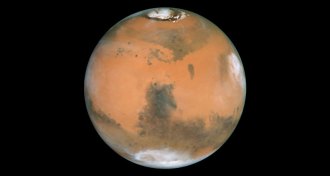 Planetary Science
Planetary ScienceMars has nighttime snow storms
When clouds of water-ice particles cool at night, snow starts to fall rapidly on Mars, simulations suggest. The squalls could explain observations made by the Phoenix lander in 2008.
-
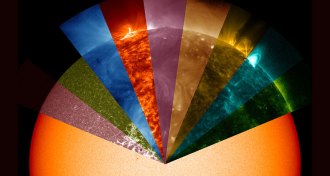 Astronomy
AstronomyEclipse watchers will go after the biggest solar mystery: Why is the corona so hot?
Usually when you move away from a heat source, it gets cooler. Not so in the sun’s atmosphere.
-
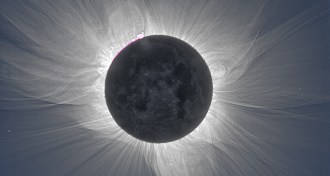 Astronomy
AstronomyDoes the corona look different when solar activity is high versus when it’s low?
Carbondale, Ill., will get two eclipses in a row, seven years apart — making it the perfect spot to watch the solar cycle in action.
-
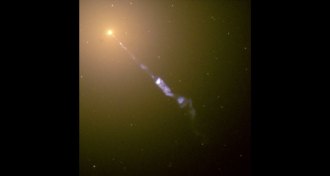 Astronomy
AstronomyCosmic lens lets astronomers zoom in on a black hole’s burps
The beginnings of a jet from an active black hole in a distant galaxy were spotted thanks to a lucky alignment.
-
 Astronomy
AstronomyWe share the Milky Way with 100 million black holes
New census calculates black hole populations in galaxies big and small.